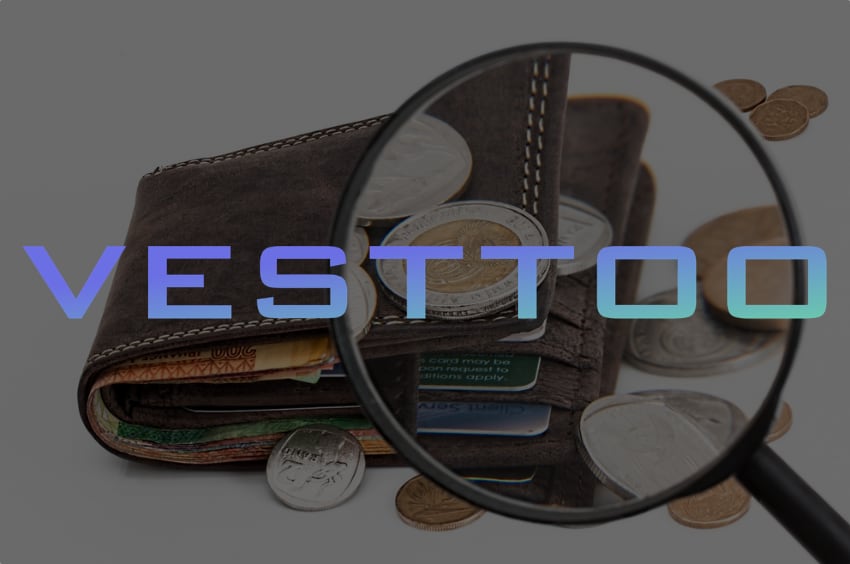Vesttoo “a depressing reminder of what can go wrong” – VC Andreessen Horowitz

The Vesttoo issues of invalid, fake or fraudulent letters of credit (LOCs) backing reinsurance deals provides “a depressing reminder of what can go wrong” when compliance fails to identify risks, according to Joe Schmidt, fintech investment partner at venture capital giant Andreessen Horowitz.
Commenting on the Vesttoo debacle in an update to the tech startup community, Schmidt of Andreessen Horowitz explained that the situation has ramifications for insurance technology startups, or insurtechs, as it makes an already hard capacity market even harder for them.
Andreessen Horowitz, or a16z as it’s now commonly also known, is a venture capital firm founded by tech luminaries Marc Andreessen and Ben Horowitz in 2009 in Silicon Valley and currently has somewhere around $35 billion in assets across its multiple venture funds.
As a result, it’s a VC firm that is listened to by the wider, global tech startup community.
Fintech venture partner Joe Schmidt at a16z correctly points out that the fall-out from the Vesttoo scandal has the potential to hurt insurtech startups.
Insurtech’s require capacity and Vesttoo was seen as a platform that could bring that capacity, and efficient capacity at that, to companies looking to scale.
Schmidt wrote, “If your new business grows quickly, you might need to find additional reinsurance capacity. Vesttoo, an insurance startup that connects the capital markets (notably non-insurance-specific investors) to reinsurance deals via a structure called “insurance-linked securities,” was built to help with that issue, though it’s recently run into some complications.”
Of course, we now know from court filings that Vesttoo’s model was not really insurance-linked securities (ILS) at all, with little in the way of securitization actually occurring and nothing fully-collateralized, rather a more traditional letter of credit driven collateralized reinsurance business model being followed.
But, that aside, Vesttoo was helping to increase the capital available to some startups, growing MGA’s and other insurance ventures through its business, whether the capacity was backed by anything at all is now the question.
Schmidt goes on to explain that “a recent compliance issue dramatically impacted” Vesttoo, highlighting the fact multiple letters of credit have been found to be invalid or fraudulent.
“While it’s not yet clear if the subsequent breakdown was due to a compliance or due diligence failure, what is clear is that there are billions of dollars in fraudulent LOCs associated with the Vesttoo platform, leaving many MGAs, insurers, and reinsurers with large capacity holes that need to be filled immediately,” a16z’s Schmidt said.
Adding that, “This sad result has had a painful financial impact on all parties involved and accelerated a general flight to quality that is making a hard capacity market even harder—especially for startups.”
Going on to rightly highlight that, “The entire affair is also a depressing reminder of what can go wrong when compliance processes fail to identify risks, whether they are first-party or third-party risks, and why it’s of paramount importance to have the right compliance teams and processes in place as a startup scales.”
As we were first to report yesterday, the true scale of the Vesttoo invalid or fraudulent letter of credit (LOC) issue is only just coming to light, with the revelation in a court filing from Aon’s White Rock that some 37 LOCs representing $2.35 billion in value are implicated.
That’s just the transactions involving White Rock as well, when there are others which used different transformers, or Vesttoo’s own Bermuda based structure.
With reinsurance deals as far back as 2019 now also thought to have featured fake LOCs, it’s clear that the fraud that has occurred was long-standing and its tentacles will therefore have affected many parties, including the startups that VC firms like Andreessen Horowitz invest in.
We haven’t yet heard of any insurtech’s facing challenges with their business models since the issues with Vesttoo emerged, but there could well be players out there that have relied on the access to lower-cost reinsurance that Vesttoo was providing and only in recent weeks have found that their reinsurance backing was actually non-existent and it could be far more expensive to replace.
Another example of how far-reaching the implications of such a fraud can be and that it touches markets far outside of re/insurance.
Schmidt’s comment that the situation reminds you what can go wrong is pertinent, as there are major questions for the industry over how something could possibly go so wrong, in a market where LOCs should be validated and KYC performed.
With so many LOCs at issue here, it raises very significant questions about the discipline of the market chain in checking and ensuring the security and quality of collateral.
Leaving an open question, on whether the industry has overly relied on relationships and trust, when it should have been doing more due-diligence.
Read all of our coverage of the alleged fraudulent or forged letter-of-credit (LOC) collateral linked to Vesttoo deals.






